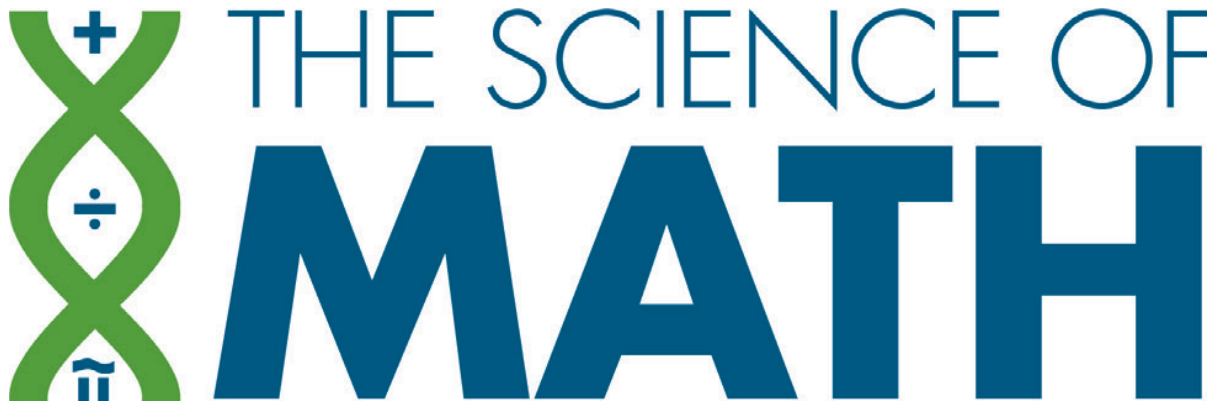
Common Misconceptions: Conceptual and Procedural Understanding
MISCONCEPTION
Some educators believe students should not be exposed to procedural instruction until they have demonstrated adequate conceptual understanding of a topic.
TRUTH
Conceptual knowledge supports procedural knowledge AND procedural knowledge supports conceptual knowledge. They should be taught together!
WHEN TEACHING MATH
Teaching and practicing conceptual understanding can help with the selection and use of problem-solving procedures.⁶
Teaching and practicing procedures helps to develop and deepen understanding of concepts. Procedures include more than algorithms.4,5
Procedural knowledge is not just rote or superficial learning. Positioning procedural skills as being at the opposite end of a continuum of understanding is conceptually and technically incorrect.⁷
Teaching conceptual and procedural knowledge together can help strengthen each over time.⁸
Conceptual and Procedural Understanding
Presenters: Emily Bouck, Bree Jimenez, and Corey Peltier
Conceptual and Procedural Understanding: Webinar
Conceptual and Procedural Understanding: Interview
Citation: Advocates for the Science of Math (2021). Common misconceptions: Conceptual and procedural understanding. Authors.
(1) Rittle-Johnson, B., & Schneider, M. (2015). Developing conceptual and procedural knowledge of mathematics. In R. C. Kadosh & A. Dowker (Eds.), Oxford Handbook of Numerical Cognition (pp. 1118-1134). Oxford University Press. https://doi.org/10.1093/oxfordhb/9780199642342.013.014
(2) Schneider, M., Rittle-Johnson, B., & Star, J. R. (2011). Relations among conceptual knowledge, procedural knowledge, and procedural flexibility in two samples differing in prior knowledge. Developmental Psychology, 47(6), 1525-1538. https://doi.org/10.1037/a0024997
(3) Powell, S. R., Hughes, E. M., Peltier, C. (2022). Myths that interfere with mathematics instruction. Centre for Independent Studies. https://www.cis.org.au/publication/myths-that-undermine-maths-teaching/
(4) Hecht, S. A., & Vagi, K. J. (2010). Sources of group and individual differences in emerging fraction skills. Journal of Educational Psychology, 102(4), 843-859.https://doi.org/10.1037/a0019824
(5) Schneider, M., & Stern, E. (2010). The developmental relations between conceptual and procedural knowledge: A multimethod approach. Developmental Psychology, 46(1), 178-192. https://doi.org/10.1037/a0016701
(6) Hiebert, J., & Lefevre, P. (1986). Conceptual and procedural knowledge in mathematics: An introductory analysis. In J. Hiebert (Ed.), Conceptual and procedural knowledge: The case of mathematics (pp. 1-27). Erlbaum.
(7) Star, J. R. (2005). Reconceptualizing procedural knowledge. Journal for Research in Mathematics Education, 36(5), 404-411. https://psycnet.apa.org/record/2005-13920-002
(8) Rittle‐Johnson, B. (2017). Developing mathematics knowledge. Child Development Perspectives, 11(3), 184-190. https://doi.org/10.1111/cdep.12229




